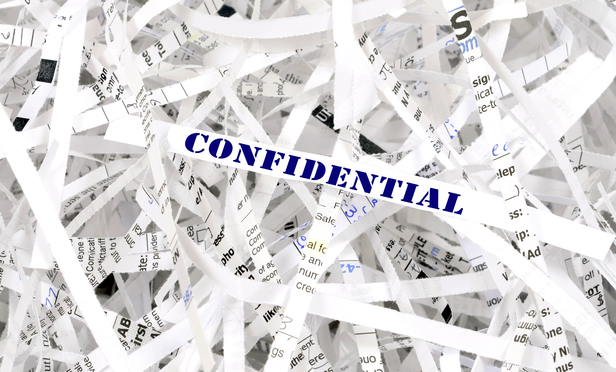In May 2013, the Pennsylvania Superior Court analyzed the circumstances under which a trial court may award attorney fees to a defendant for claims brought in bad faith under the Pennsylvania Uniform Trade Secrets Act (PUTSA), 12 Pa. C.S.A.§ 5301 et seq, in the case Krafft v. Downey, 68 A.3d 329 (Pa. Super. 2013). In Krafft, the Superior Court utilized a two-prong test for determining whether a trade secret claim was brought in bad faith.
Although the Superior Court did not adopt this two-prong test for bad faith for application in future PUTSA attorney fee claims, the opinion is useful because the same test has been used in various federal district courts, including the Western District of Pennsylvania in Hill v. Best Medical International, 2011 U.S. Dist. LEXIS 147853 (W.D. Pa. Dec. 22, 2011). Furthermore, the opinion provides a cautionary tale that litigants and their counsel cannot ignore facts in the public domain when deciding whether a potential trade secret claim has merit.
This content has been archived. It is available through our partners, LexisNexis® and Bloomberg Law.
To view this content, please continue to their sites.
Not a Lexis Subscriber?
Subscribe Now
Not a Bloomberg Law Subscriber?
Subscribe Now
LexisNexis® and Bloomberg Law are third party online distributors of the broad collection of current and archived versions of ALM's legal news publications. LexisNexis® and Bloomberg Law customers are able to access and use ALM's content, including content from the National Law Journal, The American Lawyer, Legaltech News, The New York Law Journal, and Corporate Counsel, as well as other sources of legal information.
For questions call 1-877-256-2472 or contact us at [email protected]



